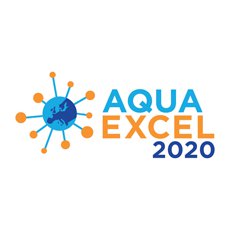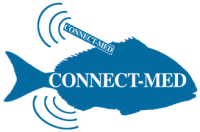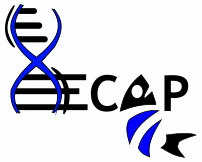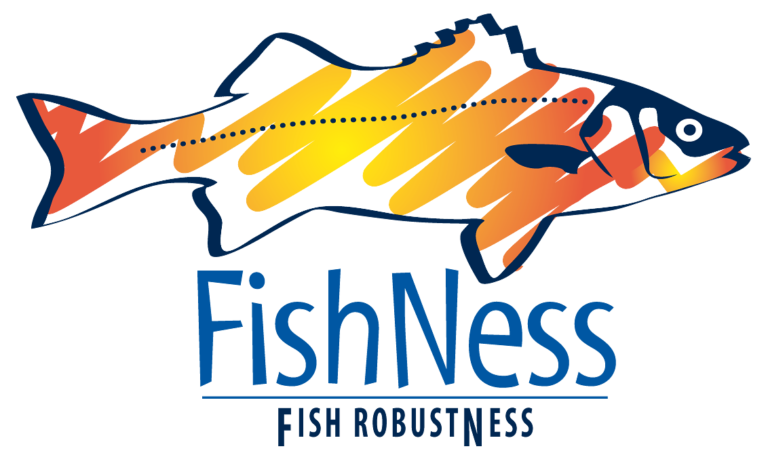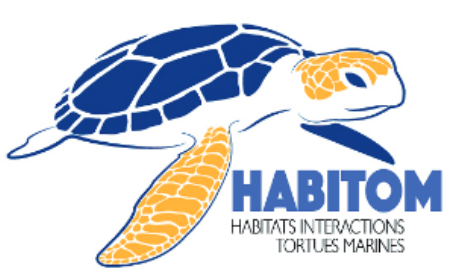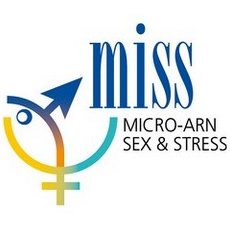Coral reefs are in precipitous decline worldwide due to a number of global stressors and local human impacts. Nutrient pollution emanating from sewage outfalls and coastal runoffs is often associated with the disruption of coral microbiomes, enhancing coral dysbiosis susceptibility that further alters coral health. That said, the mechanisms leading to microbial dysbiosis in reef organisms remain poorly understood. There is especially a need to investigate how nutrient pollution can affect the microbiomes of ecologically and economically important reef fishes such as parrotfishes, which are suggested to vector microbes to corals and enhance coral dysbiosis susceptibility when coupled with pollution. The proposed research will integrate approaches from microbial ecology and physiology to investigate to what extent nutrient pollution can alter parrotfish microbiomes, whether these changes result in differences in parrotfish physiology, and the potential cascading effects on coral microbiomes and health. Working with Dr. Villéger’s team at MARBEC, Leïla Ezzat will couple field collections from near pristine and polluted reefs in Mayotte with advanced tools in next-generation sequencing and ecology to test for nutrient-mediated changes to parrotfish mouth and gut microbiota. Both areas are known to serve vital physiological functions for fish and to host potential opportunistic bacterial taxa that could further alter health of both fish and corals. Through her secondment host with Dr. Sucré at the University Centre of Mayotte, she will acquire new skills in fish physiology that can be used to correlate physiological metrics (e.g. stress response) and microbial community status. Their findings may provide underappreciated pathways linking nutrient pollution to dysbiosis in parrotfish microbiota, and the potential spread of opportunistic taxa in coral reefs via corallivory. They will be critical to develop meaningful conservation and restauration strategies to preserve reef ecosystems.
There is especially a need to investigate how nutrient pollution can affect the microbiomes of ecologically and economically important reef fishes such as parrotfishes, which are suggested to vector microbes to corals and enhance coral dysbiosis susceptibility when coupled with pollution

